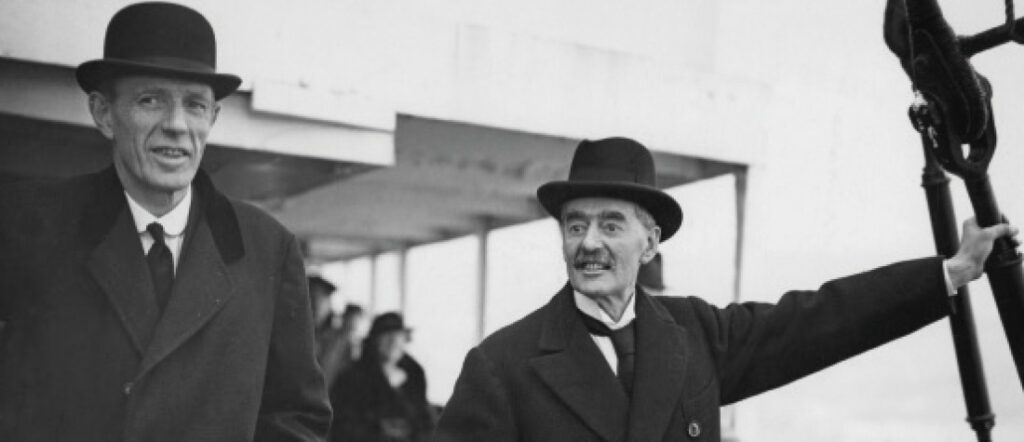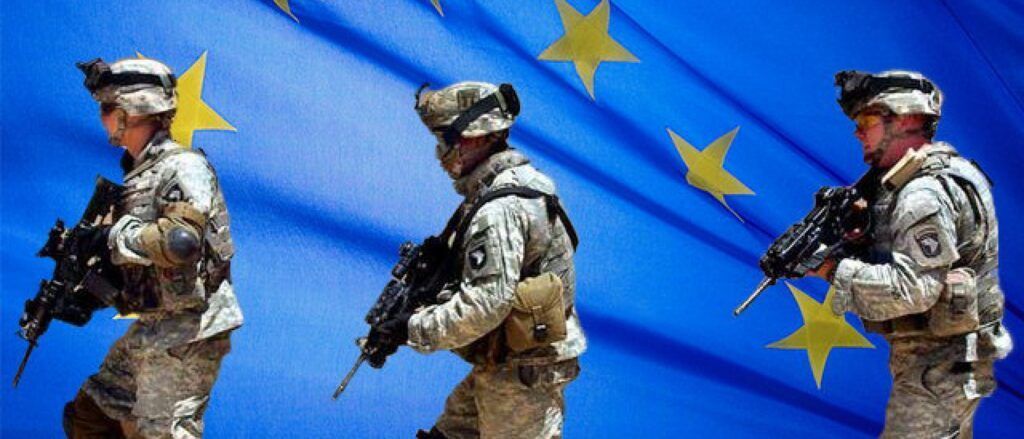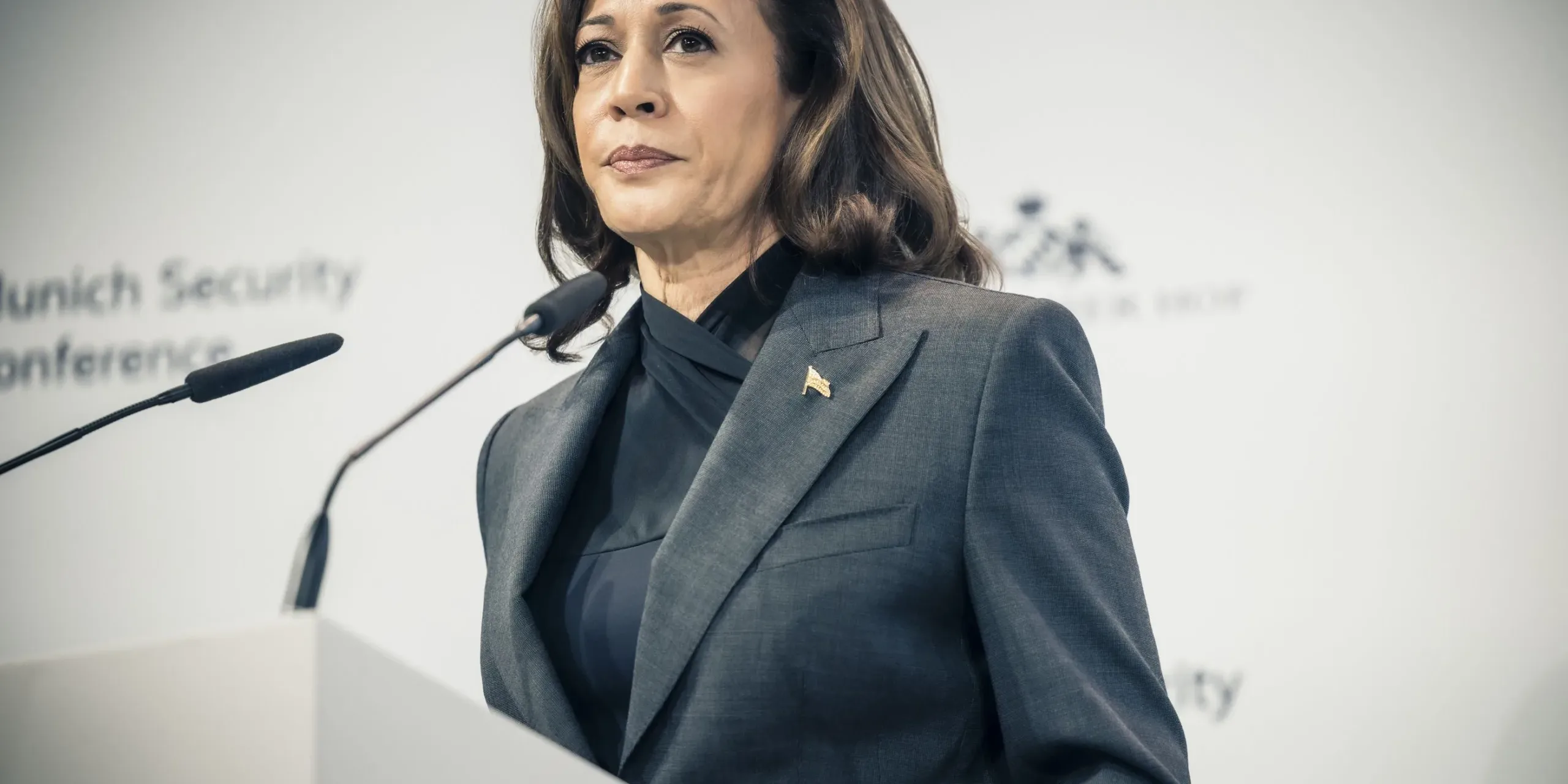The Munich Security Conference and the lessons from 1938
The Munich Security Conference is a yearly gathering of political, military, and security leaders from around the world. It is an opportunity for these leaders to discuss the most pressing global security challenges and chart a path forward. This year, the conference took on special significance, as it marked the one-year anniversary of Russia’s invasion of Ukraine.
Vice President Kamala Harris used the occasion to announce that the United States had formally determined that Russia was committing crimes against humanity in Ukraine. This announcement was a stark reminder of the importance of strong leadership in the face of aggression and a call to action for European leaders to step up and defend their values and way of life.
Join the Movement for a Stronger Europe
Welcome to Forward Europe, a political party committed to the rise of Europe as a force for good in the world.
Please sign up for our weekly newsletter and stay informed about the latest developments in the fight for a sovereign Europe.
Together, we can make a difference.
Subscribe now!
The parallels between the current moment and the events leading up to the Munich Conference in 1938 are striking. In 1938, the world was facing an aggressive power that was determined to redraw the map of Europe by force. The response of European leaders at the time was to engage in appeasement, hoping that if they gave in to the aggressor’s demands, war could be avoided.
The result was the Munich Agreement, which ceded Czechoslovakia to Nazi Germany in exchange for a promise of peace. This appeasement did not prevent war, but rather made it more likely, as it emboldened the aggressor and weakened the resolve of its opponents.

The need for stronger leadership in Europe
The lessons of history are clear: appeasement does not work. European leaders must show stronger leadership in the face of aggression if they want to preserve their values and way of life. The first priority is to ensure that Europe becomes militarily self-sufficient.
This means increasing production capabilities, research, and spending on defense. Europe must be able to defend itself without relying on the United States or other allies. This is not only a matter of security, but also a matter of sovereignty. European nations must be able to chart their own course without being beholden to other powers.
Europe must be able to defend itself. It is not only a matter of security, but a matter of sovereignty.
The second priority is to start addressing the threat of China within the larger framework of NATO. China is a rising power that is increasingly assertive in the international arena. Its Belt and Road Initiative is an attempt to extend its influence across the globe, and its military is expanding rapidly. NATO and Europe must formally recognize China as a strategic competitor and start developing a strategy to resist its interference. This will require stronger partnerships with Asian nations and a renewed focus on the Indo-Pacific region.
Forward Europe’s vision for the future
As we consider the need for stronger leadership in Europe to address the current security challenges, it is important to look at the vision of Forward Europe for the future.
Our political program emphasizes the importance of European self-sufficiency, increasing production capabilities, research, and spending, as well as taking a stronger stance against the threat of China within the framework of NATO.
In terms of military self-sufficiency, Forward Europe believes that Europe must invest in its own defense capabilities, reduce its reliance on the US, and increase its military spending. This means promoting defense industry cooperation and investing in research and development to produce the best technology and weapons. In addition, the program emphasizes the need for a common European defense policy, which would create a more efficient and effective defense system for Europe.

Regarding China, Forward Europe recognizes the threat that the country poses to global security and believes that the EU must take a stronger stance in response. It is important to strengthen the relationship between the EU and NATO to create a united front against China. The EU must address the issue of China’s economic and military expansion, which has already impacted the security of Europe, and take a more active role in promoting global human rights and democratic values.
The program also calls for the establishment of a common EU-China policy to ensure a coherent and strategic approach to relations with China.
In conclusion, Forward Europe’s vision for the future emphasizes the importance of European self-sufficiency, the need for a common European defense policy, and a stronger stance against the threat of China within the framework of NATO. These are essential components of ensuring that Europe is able to tackle the security challenges of today and tomorrow.






